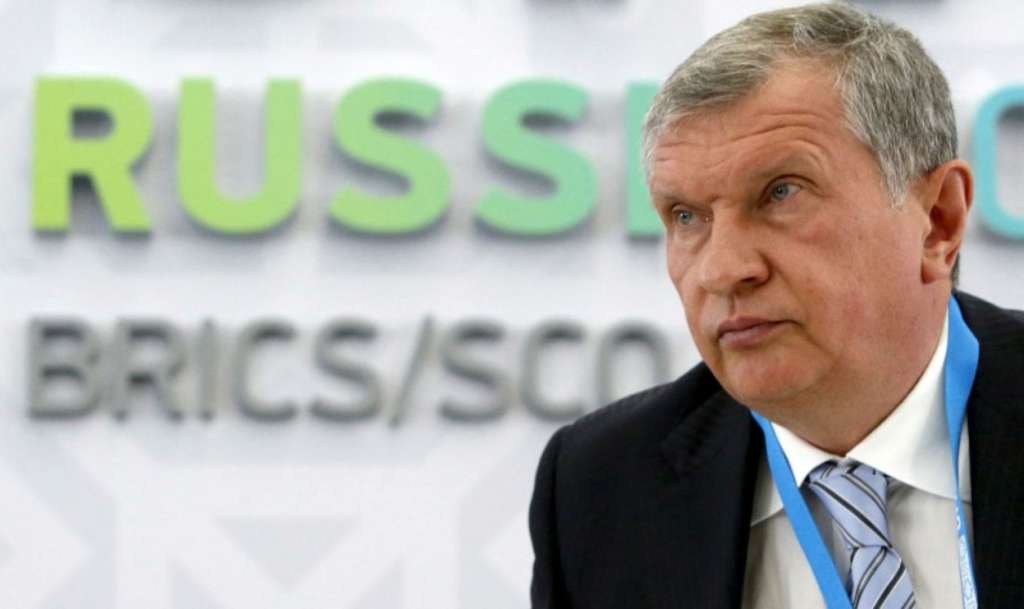Kuwait- Despite the fact that all oil and energy ministers who have given statements in the past few days have expressed their support for the extension of the agreement to cut production among OPEC members and independent producers for nine months, yet options are still open and extension may take longer.
Head of Russia’s largest oil producer Rosneft Igor Sechin explained on Wednesday for reporters in Sochi in Russia that it is likely that extension might last longer than nine months.
Bloomberg quoted Sechin as saying: “Information about the agreement extension has already had an impact on the market, the price has corrected up,” adding that the main objective of the deal was to stabilize oil prices by the end of the agreement.
Russia and Saudi energy ministers have announced early this week in a conference in Beijing that the two countries will do all what it takes to regain stability to the markets and get rid of stockpiles, therefore, they supported the extension of the agreement until the end of March 2018.
Although OPEC countries and independent producers have agreed to cut their production up to 1.8 million barrels a day with an unprecedented commitment in the history of the agreements they have held previously, yet keeping stocks high is puzzling for market observers.
Former Director of Research in OPEC Dr. Hassan Qabazard explained that the nine-month extension of the agreement is the right choice now and the market is in the right direction with OPEC agreement, but the market’s return to the balance may take longer.
Qabazard told Asharq Al-Awsat that the recovery of the market may not occur before the second half of 2018.
He added: “The market was very damaged in the past three years due to the excessive stocking and production and the recovery from this damage requires more time.”
Unlike many analyzers, Qabazard sees that oil shale will not grow significantly this year.
“Oil shale producers have recovered the one million barrels they lost have last year and replaced much of OPEC’s oil, but they will not be able to keep up the same production.”
